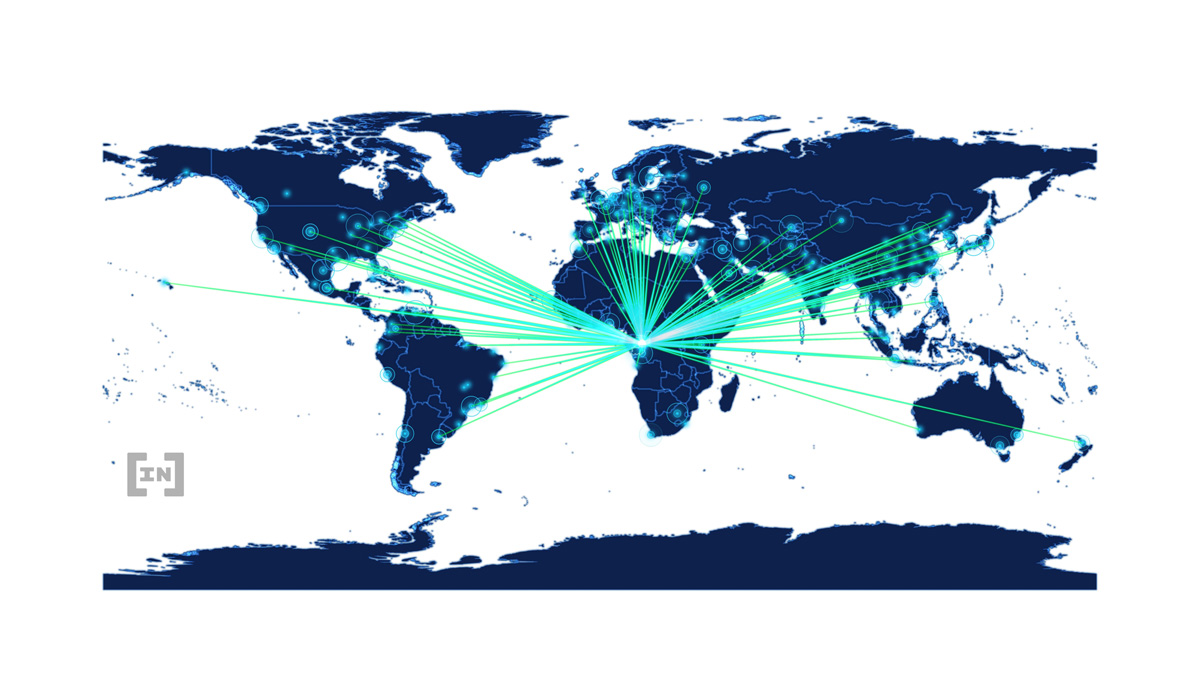
The Central African Republic is under scrutiny from financial analysts, entrepreneurs, and the International Monetary Fund (IMF), drawing unfavorable comparisons with El Salvador’s bitcoin project.
Academics and businessmen have געפרעגט the Central African Republic’s government’s decision to make bitcoin legal tender alongside the CFA in an announcement back in April.
“While bitcoin may facilitate some transactions, it is a strange choice as a regular means of payment,” said Jacques Mandeng of the London School of Economics and Political Science.
At the same time, an entrepreneur from Bangui, the country’s capital city, believes that other priorities are necessary, such as זיכערהייַט, energy, internet, and roads, to name a few.
"די אַדאַפּשאַן פון ביטקאָין as legal tender in CAR raises major legal, transparency, and economic policy challenges. IMF staff are assisting the regional and Central African Republic’s authorities in addressing the concerns posed by the new law,” the IMF said on Wednesday.
Government legalizes crypto
The country’s national assembly איינשטימיק געשטימט on a bill legalizing crypto, offered a regulatory framework, and made bitcoin legal tender earlier this year, hoping that cryptocurrencies and related digitization could boost an ailing $2.3 billion economy.
Opposition parties criticized the decision to make bitcoin legal tender, which was done without the knowledge of the central bank, which services six nations, including the Central African Republic.
CAR has one of the least-developed economies globally due to a decade of armed conflict. The financial sector struggles to fight economic stagnation amidst weak market, legal and judicial frameworks. The country ranks second-last in the United NATIONS Development Programme’s Human Development Index.
What about the man on the street?
Data from the world bank suggests that בלויז קסנומקס% (557,000 out of 4.8 million) of the population has internet access, while some people haven’t even heard of cryptocurrencies.
“What is it?” asks Sylvain, a thirty-something citizen waiting in an ATM queue in CAR.
“I don’t know what cryptocurrencies are, I don’t even have internet,” says Joelle, an informal vegetable vendor in the same queue. However, a government spokesperson appears unconcerned.
“We will educate the population and soon move to fiber optics, and a weak internet connection is enough to buy cryptocurrency,” said Serge Ghislain Djorie.
No plan has yet been released on scheduling the proposed rollout of fiber connectivity.
Other African countries have been more inclined towards central bank digital currencies. However, the Kenyan central bank says it is being held back by full adoption and limited adoption of smartphones.
Last year, El Salvador געווארן די ערשטע מדינה to adopt bitcoin as legal tender. Protests have taken place in the Latin American country following the introduction of its bitcoin law. The country has since פייסט קריטיק פון די ימף.
וואָס טאָן איר טראַכטן וועגן דעם טעמע? שרייב צו אונדז און זאָגן אונדז!
אָפּלייקענונג
אַלע די אינפֿאָרמאַציע קאַנטיינד אויף אונדזער וועבזייטל איז ארויס אין גוטן אמונה און בלויז פֿאַר אַלגעמיינע אינפֿאָרמאַציע צוועקן. קיין אַקציע וואָס די לייענער נעמט אויף די אינפֿאָרמאַציע געפֿונען אויף אונדזער וועבזייטל איז שטרענג אויף זייער אייגן ריזיקירן.
Source: https://beincrypto.com/central-african-republic-under-scrutiny-by-imf/
